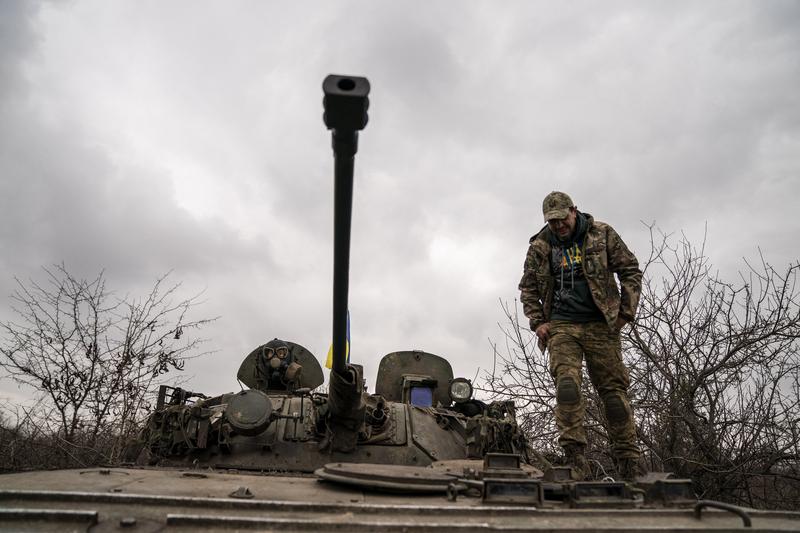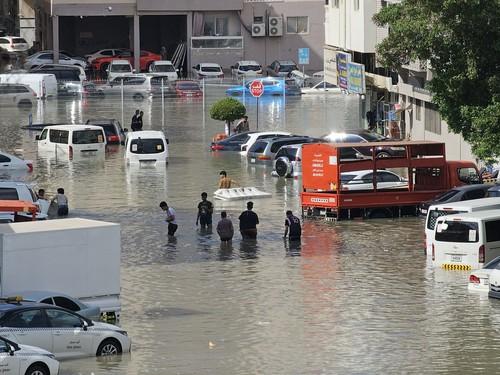Florina Cazacu, the daughter of a Romanian engineer killed by his Italian employee in 2000, is now 25 years old and lives in Italy. A week ago, Florina was one of those who phoned in a live radio talk-show to urge Italians not to stigmatize the whole Romanian community living in Italy over the murder of an Italian woman killed by a Romanian suspect.
Florina has spoken for HotNews.ro about the situation of Romanians living in Italy, about the reaction of the media and the authorities to the wave of retaliating acts against Romanians following the killing of the Italian woman as well as the messages she received from HotNews.ro.
Her father, Ioan Cazacu, was burned alive on March 14, 2000. He died after a long agony on April 16 that year. He was killed for having demanded to have a working contract. The killer, an entrepreneur from Gallarate, was sentenced for murder.
Florina described who she was when she appealed against discrimination of Romanians in Italy in her radio intervention recently.
She told HotNews.ro that she called on the “Vivavoce” show on Radio 24 Il Sole 24 ore to answer those Italians who made painful statements against Romanians as a nation for the deeds of one.
She said she wondered if she herself did not dare accuse anybody when her father died, how come these people dare accuse her of being a Romanian?
She said the man who killed her father was initially sentenced to life, then the sentenced was dropped to 30 years, then again to 16. Compensation amounting to 400,000 euro only exists on paper, she said.
She said the whole family decided to come to Italy following the burial of her father so that the mother follow the process thoroughly. She said the Italian media treated them well at the time.
She said that she and her family remained in Italy after the process concluded - and they integrated with the local community well. The town hall of Gallate has even given a post-mortem diploma to Ioan Cazacu.
And she said that on behalf of the Romanian state they only received a phone call of regrets from the Romanian consulate a month after her father died - and that was it.
She said that following the murder of the Italian woman by a Romanian suspect she did not feel to be the target of discrimination, as she lived in a small community where everybody knows her. But she said she felt affected as a Romanian citizen given the outburst of Italian citizens against Romanians on television and elsewhere.
And she said that she felt bitter when hearing statements such as “poor Romanians, treated like these because of the Gypsy” as violence has no nationality or ethnicity.
She said that she would not comment on the reaction of the Italian media following the recent events as the media had a major role in assisting her and her family after the killing of her father. But she said the media is a double-edged knife that can expose an issue in a more or less exaggerated manner.
Florina Cazacu said Romanian authorities should have intervened more promptly to put an end to the campaign against Romanians by providing fast examples of Romanians who did something important in Italy and elsewhere.



















